U.S. authorities announced today that they disrupted an Iranian plan to commit a “significant terrorist act in the United States,” making it the forty-second thwarted terrorist attack against the homeland.
The federal government has filed criminal charges against two Iranians with conspiracy to murder the Saudi ambassador to Washington and conspiracy to commit an act of international terrorism, among other charges. In addition to the assassination of the Saudi ambassador, the men planned bomb attacks on the Saudi and Israeli embassies in Washington.
It us no surprise that the indictment shows links to Iran’s Qods Force, a special unit of the Iran Revolutionary Guards Corps. After all, Iran is the world’s leading state-sponsor of terrorism, and the Iranian Intelligence Service sponsors Hamas and Hezbollah, both of whom have a presence and network in the Western Hemisphere.
Unfortunately, the United States has done far too little to deter state-sponsored terrorism. This summer, President Obama revealed his “new and improved” strategy for combating terrorism. Despite its record, Tehran merited just one mention in 19 pages. The White House’s is downplaying state-sponsored terrorism because the Obama Doctrine called for engaging with America’s enemies.
This summer, in fact, the Iranians got a clear lesson in how the U.S. responds to state-sponsored terrorism when press reports revealed that American intelligence had concluded in a classified report late last year that Russia’s military intelligence was responsible for a bomb blast just outside the U.S. Embassy in Tbilisi, Georgia. The bombing inconveniently occurred while the White House was pressing for approval of the New START nuclear agreement with Moscow and trumpeting the successes of “resetting” relations with Russians. The White House just told the Georgians to keep quiet about the whole affair and slapped some Russian wrists in private. What our President didn’t do was express an ounce of outrage. This was no doubt an object lesson for Iran.
Nor is it surprising that U.S. successes against transnational terrorism have not served as much of a deterrent. After all, the President declared in his counterterrorism strategy that he wanted to start treating terrorists as if they’re criminals. So if the plot got uncovered, Iran could have every expectation of paying only a small price.
The Administration must now take strong measures to respond. The United States is fully within its rights to conduct a proportional military response against suitable, feasible, and acceptable targets (in many ways the situation is similar to military operations conducted against al Qaeda in Pakistan). The Iranian government knows full well that the Iran Qods Force is a terrorist group that has provided material support to the Taliban and other groups. The Tehran government has not restrained this organization and is responsible for its conduct.
A simple military strike, however, is not enough. U.S. foreign policy, which has been in the retreat, has failed to act as a deterrent to either state-sponsored terrorism for Iran or transnational terrorist groups like al Qaeda. U.S. action must be accompanied by a robust reversal policy. The United States must stop withdrawal from Afghanistan and disengagement from Iraq, and it must not return to treating transnational terrorism as a simple crime. What’s more, the U.S. must rebuild its military presence in the region, including moving a carrier group permanently back into the Mediterranean.
The Administration must also take-off the “kid gloves” in dealing with Iran. In addition to fully enforcing sanctions, the White House must begin to seriously press the regime on Tehran’s abysmal human rights record. As for the suspects, the Administration should be pressed to explain what the U.S. government is doing with respect to bringing suspect Gholam Shakuri, the Iran-based member of Iran’s Qods Force, back to the United States to face justice.
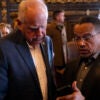
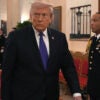
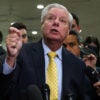



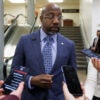



















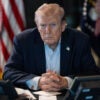



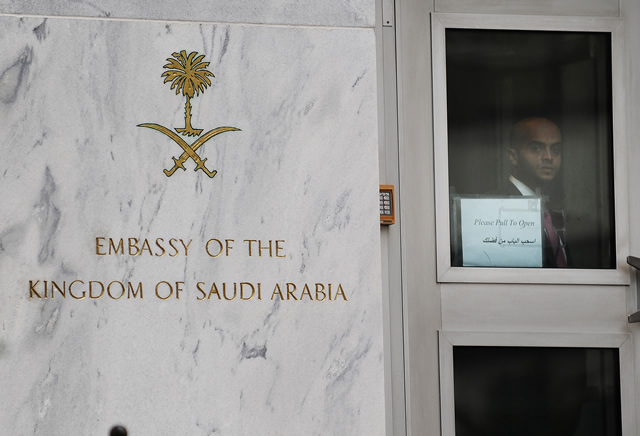
7 Replies to “United States Thwarts Iranian Terrorist Plot”